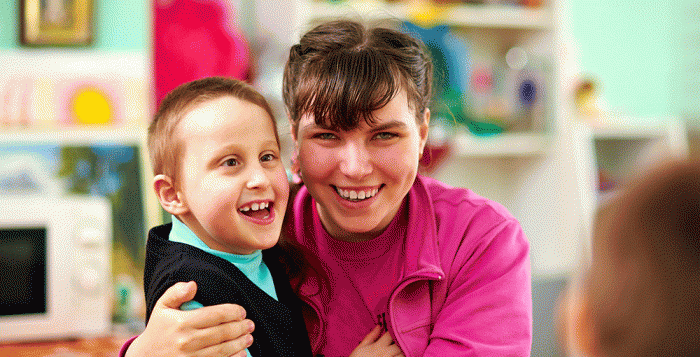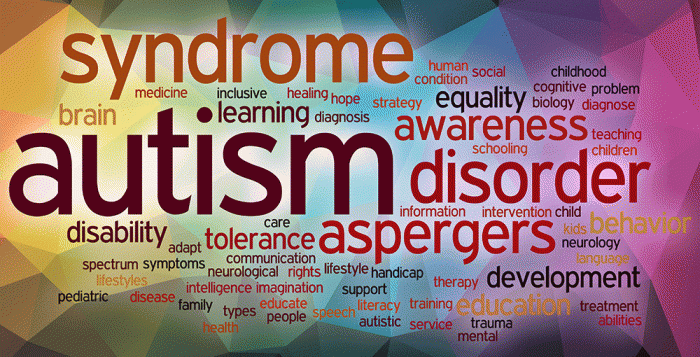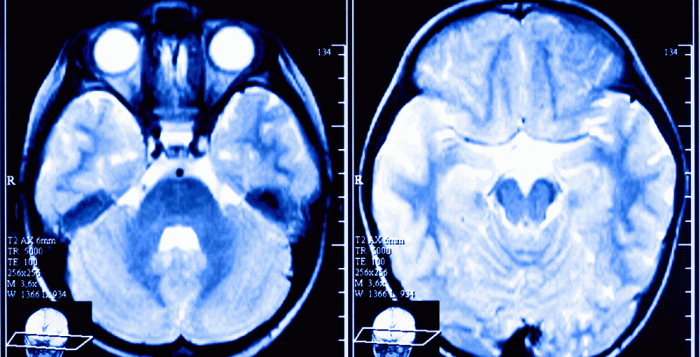RCPA has become aware that there have been higher than normal claims denials by both Medicare and Medicaid related to certain diagnoses. Those diagnoses are Schizophrenia and Post Traumatic Stress Disorder (PTSD) as defined by the DSM-V and ICD-10.
The DSM-V only identifies Schizophrenia Not Otherwise Specified (NOS) and PTSD NOS, versus the ICD-10 which offers eight schizophrenia diagnoses and three PTSD diagnoses. As a result, our practitioners are likely choosing Schizophrenia or PTSD NOS, since they are mostly using the DSM-V. Billing staff have options of eight or three diagnoses respectively, but will use what the practitioner has selected, the only DSM-V diagnosis available. It is highly probable that the individual being evaluated meets something other than NOS. There are very specific criteria for the NOS diagnosis which can certainly be used as the criteria is met, but when the criteria is not met, the claims are accurately denied. RCPA wants to hear from you about how this is affecting your business.
The second billing issue is related to electronic health records (EHR) that have not yet loaded the ICD-10 codes for billing. It is our understanding that there are at least two vendors doing business in Pennsylvania who have not loaded the ICD-10 billing codes into the EHR. RCPA wants to hear from members about how they are billing in the absence of the EHR, not having the ICD codes, and other universal billing concerns.
Please find more information about claims rejections here. Send comments to Sarah Eyster by Friday, April 15.

















